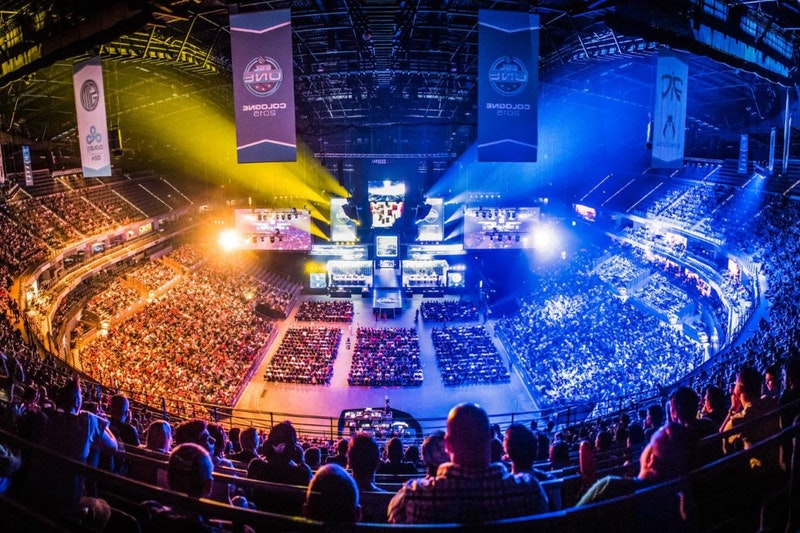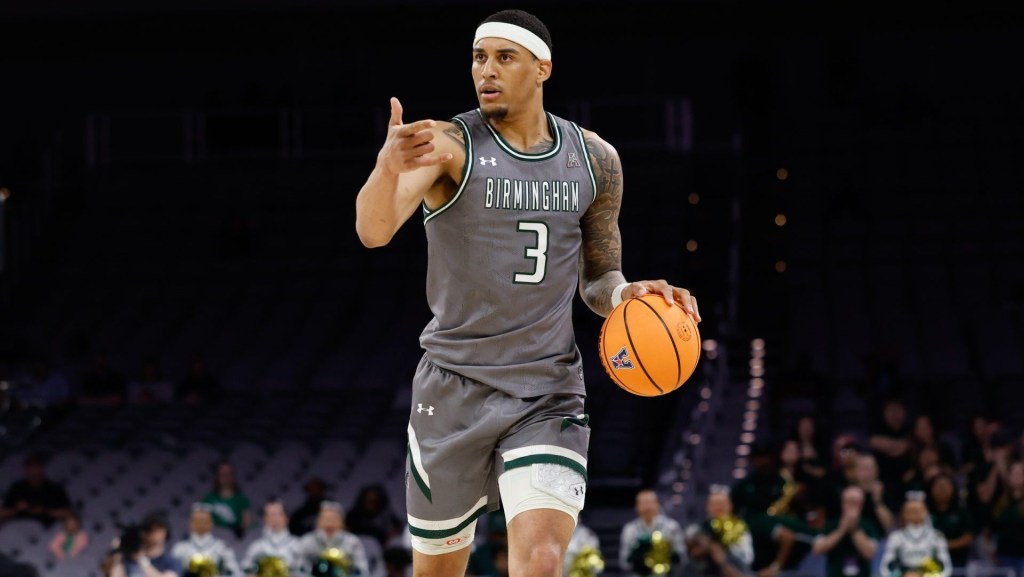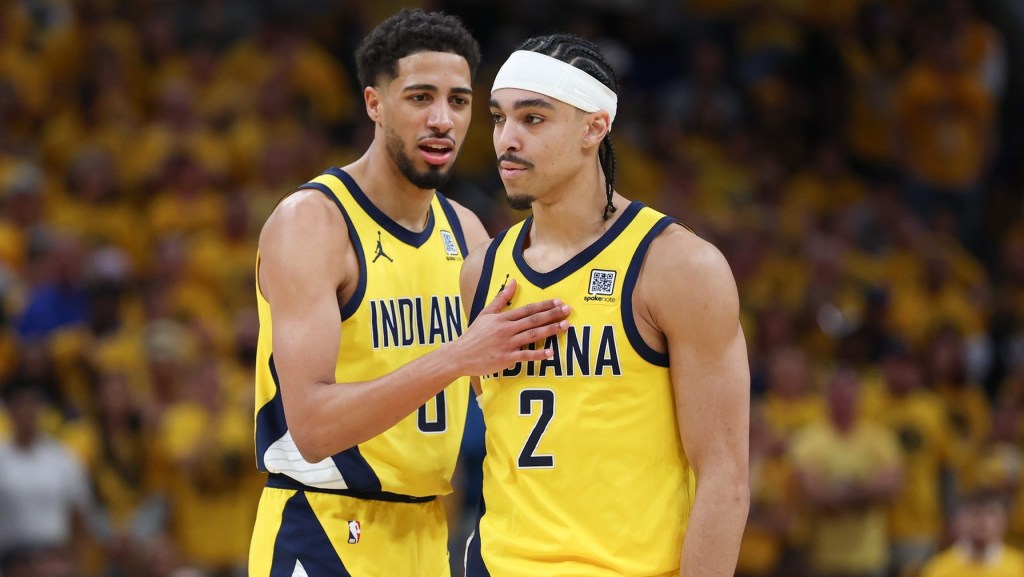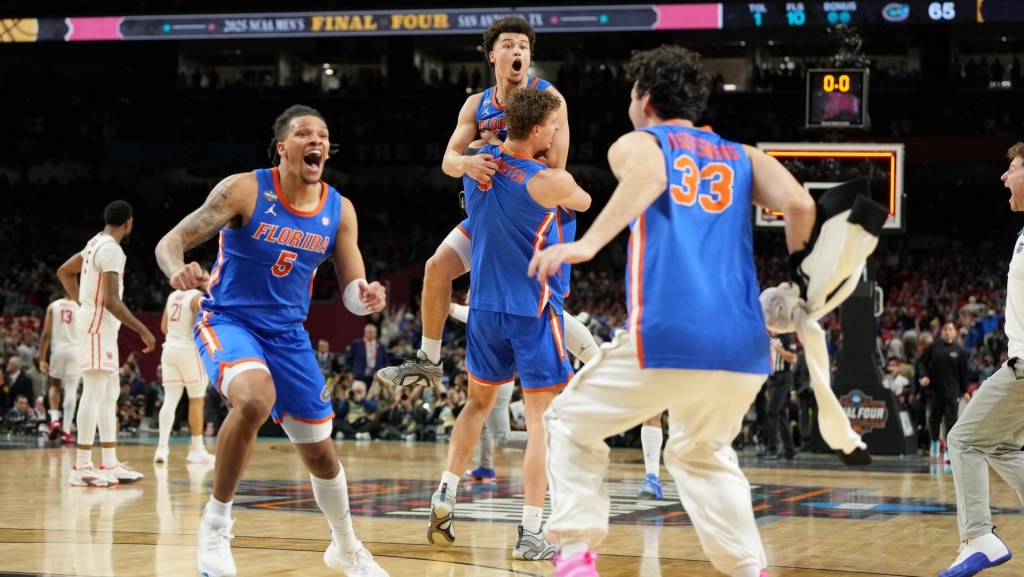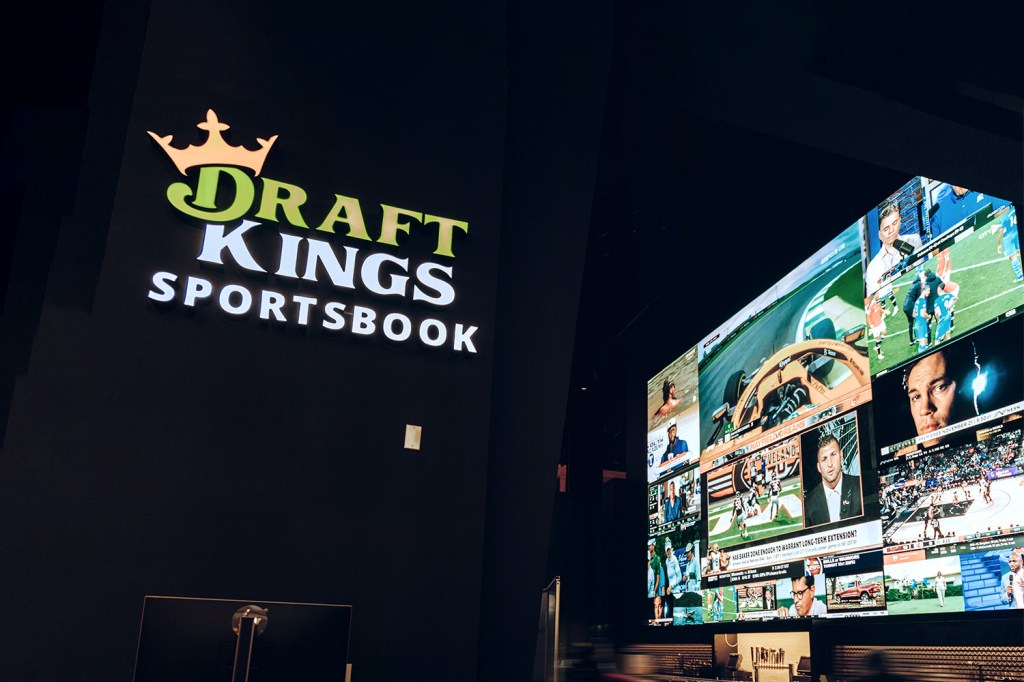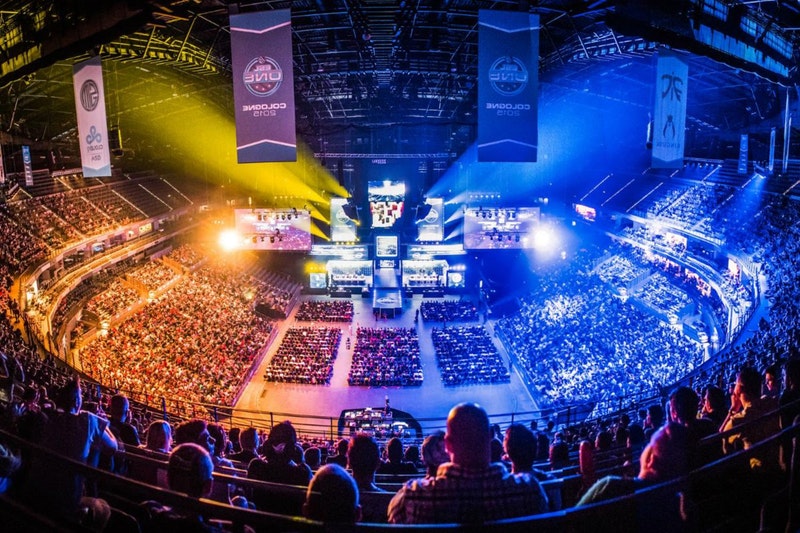
Having the right data is crucial for success in esports. (Photo via HYPEBEAST)
*This is a guest post from Johannes Waldstein, Founder and CEO of FanAI
As esports expands, major brands are evaluating sponsorship opportunities with leagues, teams, and players with an eye on the sizable audience this sport offers. When deciding to focus on a specific title or specific team, decision makers rely on data to guide them. Thanks to the large digital fingerprint they leave behind, the esports audience is among the most quantifiable humans on the planet. When collected accurately and analyzed effectively, this information can translate into engagement and, ultimately, revenue.
In esports, brands have a unique opportunity to leverage data to craft authentic approaches for the desired target audience. Properly used data can yield buyer personas, customer profiles, and if employed correctly, highly specific campaigns to make brands as relevant as possible to their target audience.
Accuracy is critical. If brands are making their sponsorship decision makes on inaccurate or incomplete data they’ll see diminished returns and decide to withdraw from the expanding industry. Measuring data and providing actionable insights builds trust within the ecosystem. Best practices must be followed for meaningful results. Below are a few common errors we see at FanAI from across the esports data landscape:
The Importance of Sample Size
The sample size is critical. The sheer size of the esports audience, and its global reach raises the sample threshold to historic levels. The total esports audience (all people who watch professional esports regardless of frequency) will hit 380 million people this year.
It’s important to remember that that number represents esports from all genres and all communities – not one homogenous group. Each genre and game captures an individualized audience, which signifies a unique opportunity for brands to connect. A one-size-fits-all approach does not work for esports brand partnerships – and data collection should reflect this.
Get the FOS Daily Newsletter! Subscribe today!
For instance: A survey of 1,000 fans reports that 20% are Dota enthusiasts. Does that indicate that 20% of the global esports audience are Dota fans? Not necessarily. The sample size will affect findings based on where the fans come from, their ages and multiple other factors. Further, the information is not actionable, or truly valuable for sponsors and partners, without identifying which fans are likely to belong to the target group.
Understanding Browsing Affinities vs What People Really Purchase
When surveyed, people often misstate their intent. For instance, the average Southern California shopper is likely to mark ”I always buy organic” on a survey, but when they gets to Whole Foods and realizes organic apples are 3x the price, their principles shift. There’s a disconnect between the pre-purchase thought process and the real-time purchasing process.
If brands want to know consumer behavior, they must start by understanding how consumers actually spend their cash. Analyzing online interests or expressed interest won’t necessarily reflect where purchases are being made. When the brand concentrates on the tangible product in the shopping cart or online cart – where consumers are actually putting their dollars, regardless of what they may say – a more significant evaluation of purchasing behavior can occur.
Instead of focusing on browsing behavior and purchase intent, which really only account for good intentions, brands should narrow down on actual purchasing behavior in order to identify those who have already purchased a particular brand or item, and are likely to do so again. This help sponsors deeply understand their actual audience.
Reduction in Double Counting Audience Members
Major reports on esports often include surprising discrepancies when it comes to size of fan base and overall revenue. One reason for inflated esports numbers is the practice of double counting audience members across multiple channels.
When a sponsor decides on what team to sponsor, one of the metrics they review is social media following of players and teams. If a brand was to look at the reach of a team on Twitter, they might combine the number of followers the team and individual players have. However, one individual fan is likely to follow several, if not all, of his favorite team’s pros – plus the team’s official account. This means, if one fan follows all five members of a League of Legends (LOL) team, plus the team handle itself, that fan would be counted six times.
As a real world example, FanAI pulled the data for TSM’s League of Legend players during the first week of April. At the time, the total combined followers of all TSM LoL players was 1.797M followers. However, when you only count fans who follow multiple players as one individual, you get a total follower count of 1.493M for TSM LoL players. As a brand looking to invest in esports, you would want the exact fan count, rather than a number that is 16% inflated.
Conclusion
Duplicated data sends a skewed picture to brands and inaccurately represents the esports audience. The number of followers don’t always tell the whole story. This surface-level data must be replaced with data that accurately addresses the number of unique people and a picture of the real reach. With accurate data, sponsors can reduce the chances of talking to audiences that aren’t really listening and can guarantee their message connects with an actively engaged audience.
Johannes Waldstein Bio
Johannes Waldstein is the Founder and CEO of FanAI, the leading esports audience monetization platform. FanAI increases franchise and sponsorship revenues by analyzing in-depth audience data that enables brands to gain a fuller picture of their esports target audience. The platform is used by top teams and leagues including Cloud9, OpTic Gaming, Overwatch League’s LA Valiant, NY Excelsior, and Cav’s Legion GC – the Cleveland Cavaliers’ NBA2K League team. Being a big data expert and a lifelong fan of competitive sports and esports, FanAI is the culmination of twin passions for Johannes. A serial entrepreneur, he founded four other startups rooted in data, mobile payments, and sports tech. As a Product Manager at dunnhumby, the world’s largest Loyalty Data Sciences company, Johannes helped build data platforms providing insight from some of the world’s largest retail chains including Tesco, Best Buy, Home Depot, and Macy’s to global brands and agencies.
